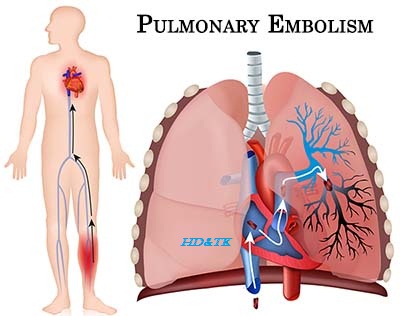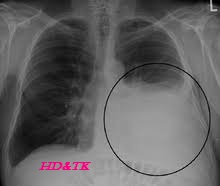Ulcers
Contrary
to popular belief, ulcers are not due to stress and diet. A bacterial infection
brought on by the bacteria Helicobacter pylori (H. pylori) is the cause of the
majority of all stomach ulcers. Prolonged use of non steroidal
anti-inflammatory drugs (NSAIDs) or pain relievers such as aspirin, ibuprofen
and naproxen sodium, which affect the stomach's ability to protect itself from
acidic stomach juices, also may lead to ulcers.
Signs
& Symptoms:
If
you have a peptic ulcer, you may only experience very mild symptoms or none at
all. However, abdominal discomfort is the most common symptom associated with
ulcers. Other symptoms include:
-
Weight loss
-
Poor appetite
-
Bloating
-
Burping
-
Nausea
-
Vomiting
Diagnosis:
Your
doctor may first perform an upper gastrointestinal (GI) series and endoscopy to
check for ulcers.
An
upper GI series involves X-rays of the esophagus, stomach and the beginning of
the small intestine, called the duodenum. You will be asked to drink a chalky
liquid, called barium, to make these organs appear more clearly on the X-ray.
During
an endoscopy, the upper portion of the gastrointestinal tract is visualized by
using a long, thin and flexible tube with a tiny video camera and light on the
end, called an endoscope. The areas examined during this procedure include the
esophagus, or the swallowing tube leading to the stomach, the stomach and the
duodenum. The high-quality picture from the endoscope is shown on a television
monitor and provides a clear, detailed view. In many cases, upper GI endoscopy
is a more precise examination than X-ray studies.
This
procedure is performed by a gastroenterologist, a well-trained specialist who
uses the endoscope to diagnose, and in some cases treat, problems of the upper
digestive system. Your doctor will be assisted by specially trained nurses and
technicians who are essential in performing the procedure safely and
effectively.
If
an ulcer is found, your doctor will then test you for the bacteria Helicobacter
pylori (H. pylori). This test is important because treatment for an ulcer
caused by H. pylori is different from that of an ulcer caused by non steroidal
anti-inflammatory drugs (NSAIDs). H. pylori is most commonly diagnosed through
blood test, although breath, stool and tissue tests also may be used.
Treatment:
Peptic
ulcers caused by the bacteria Helicobacter pylori (H. pylori) are usually
treated with a combination of antibiotics that kill the bacteria as well as
other drugs to reduce stomach acid and protect the stomach lining. The use of
only one medication to treat H. pylori is not recommended.
At
this time, the most proven effective treatment is a two-week course of
treatment called triple therapy. It involves taking two antibiotics to kill the
bacteria and an acid suppressor known as a proton-pump inhibitor (PPI). By
decreasing the amount of acid in the stomach, PPIs are used to heal stomach
ulcers, including those caused by non steroidal anti-inflammatory drugs
(NSAIDS), and duodenal ulcers. Two-week triple therapy reduces ulcer symptoms,
kills the bacteria and prevents the ulcer from recurring in more than 90
percent of patients.
Ulcers
caused by non steroidal anti-inflammatory drugs (NSAIDs) usually heal once the
person stops taking the medication. To help the healing process and relieve
symptoms, your doctor may recommend taking PPIs to neutralize the acid and
drugs called H2-blockers to decrease the amount of acid the stomach produces.




Comments
Post a Comment